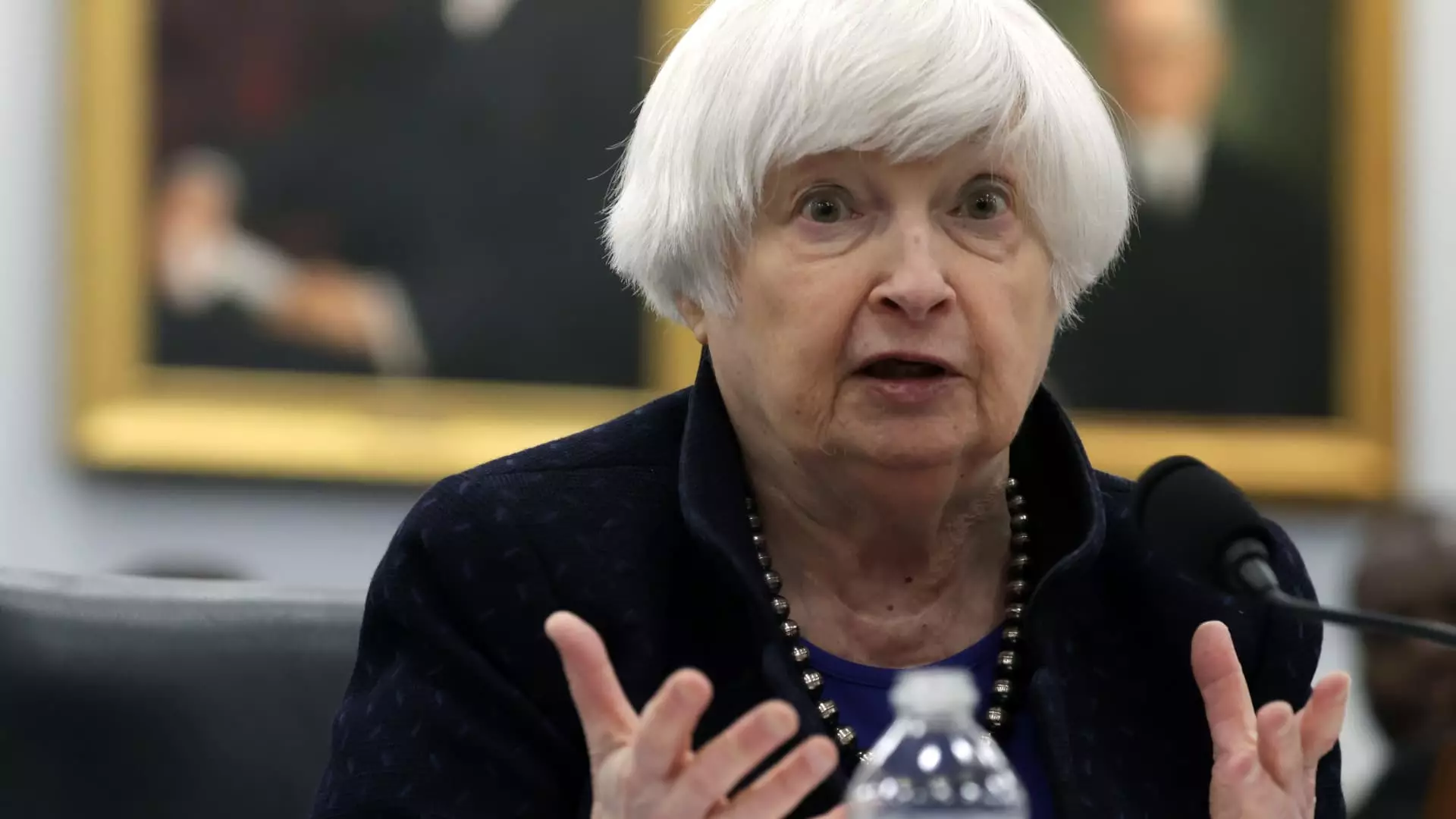China’s Dominance in Clean Energy Market
Treasury Secretary Janet Yellen recently voiced her concerns about China’s role in the global clean energy market, accusing the country of using the world economy as a dumping ground for its excess capacity. Yellen highlighted the surplus of solar power, electric vehicles, and lithium-ion batteries in China, which are being exported at lower prices, making it challenging for American and other global manufacturers to compete.
Yellen emphasized the detrimental effects of China’s overcapacity on American firms and workers, as well as on industries worldwide. The distortion of global prices and production patterns caused by China’s trade practices has created a significant hurdle for the growth of green manufacturing in the U.S. and other countries.
Efforts to Address the Issue
Yellen revealed her intention to raise the issue with Chinese officials during her upcoming visit to China, emphasizing the importance of taking necessary steps to rectify the situation. She stressed the need for fair competition in the clean energy sector and expressed President Biden’s commitment to protecting American industries from unfair practices.
Challenges Faced by the U.S.
Lagging Investments and Competition with China
Despite the efforts of the Biden Administration to boost the clean energy industry through investments like the 2022 Inflation Reduction Act, the U.S. is still playing catch-up with China, which has been pouring billions into clean energy for years. Yellen acknowledged the gap between the two countries in the energy transition and the challenges posed by China’s dominance in the global market.
Ongoing U.S.-China Trade Tensions
Yellen’s comments underscore the ongoing trade tensions between the U.S. and China, despite recent efforts to improve relations. The Biden-Xi meeting in November aimed to ease tensions, but issues like cybersecurity and trade concerns continue to strain the relationship. The threat of reinstating tariffs by former President Trump looms over future trade negotiations between the two countries.
President Biden’s investigation into Chinese smart cars reflects growing concerns about national security risks posed by Chinese products. The fear of China dominating the auto market and flooding the U.S. with its vehicles has led to heightened scrutiny and calls for safeguards to protect American industries.
The competition between the U.S. and China in the clean energy market highlights the challenges faced by American manufacturers and the need for fair trade practices. Addressing issues of overcapacity, global prices, and national security will be crucial in shaping the future of the clean energy industry on a global scale. As both countries strive to lead the way in the energy transition, finding a balance between competition and cooperation will be key to fostering a sustainable and competitive clean energy market.



Leave a Reply